Wise x Joe Thomas’ guide to the ultimate stag or hen do
Thinking of combining your pre-nuptial celebrations in a sten do? Read expert tips from Wise and Inbetweeners' actor Joe Thomas on a united stag and hen do.
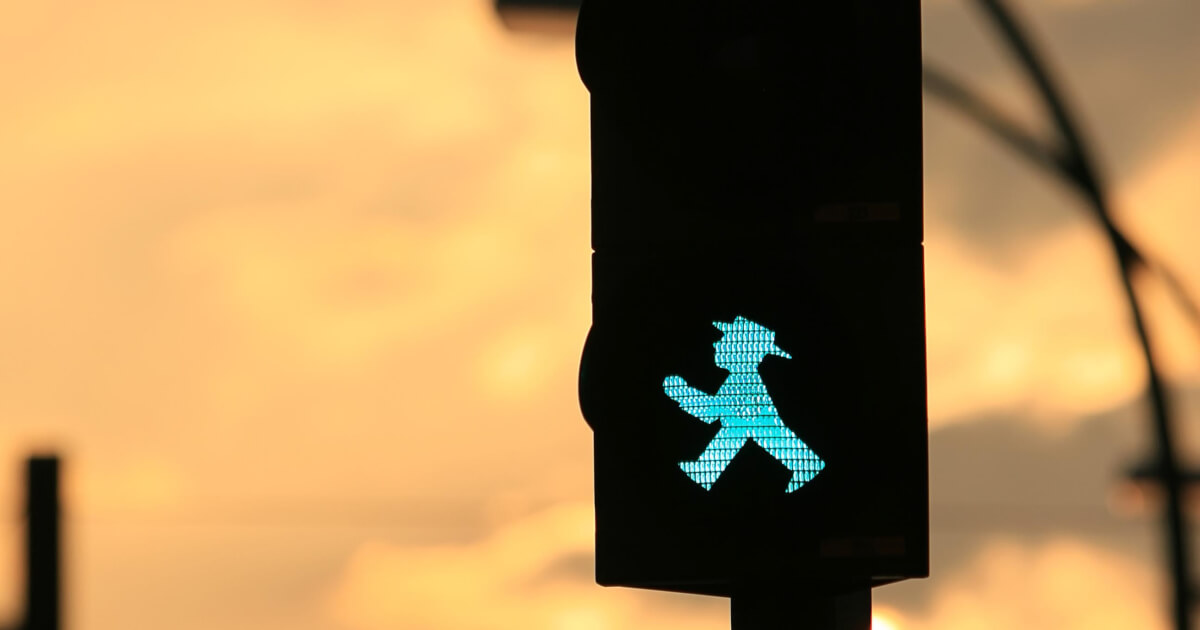
*** Germany is now the second most popular destination in the world for immigration, putting it just behind the United States.***
The 'European Blue Card' legislation that passed in 2012 allows highly skilled immigrants to work here for upwards of two years.
But for many foreigners, it’s easier to arrive in Germany than adapt to life here, which is filled with idiosyncrasies. From obeying traffic signals to always carrying cash, here are a few ways to adjust to life as an expat in Germany:

Especially in big cities like Berlin and Munich, there is no shortage of Germans eager to show off their English skills – sometimes making it more difficult for German learners to practice.
Yet learning at least the basics of the language will carry you far when it comes getting a foothold in the local culture.
“Not only is it respectful, but you'll find that Germans are generally very appreciative of those taking on the challenge of learning Deutsch. They will likely appreciate your attempt - even if it's chock full of mistakes.”
says Sarah, an American expat in Berlin.
If you're struggling, check out these language learning apps.
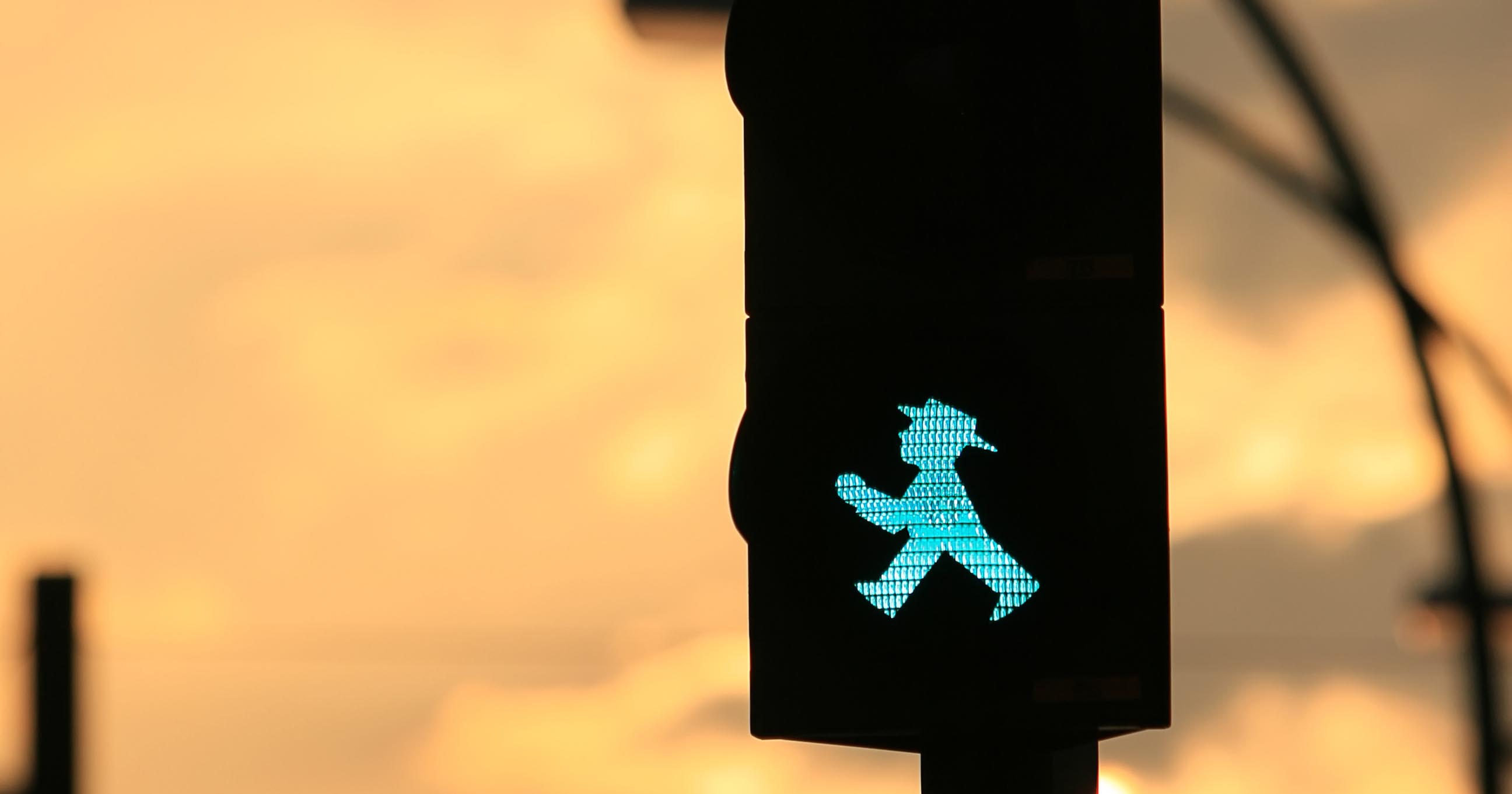
From bailing out southern European nations to respecting traffic signals, Germans pride themselves on following the rules.
Most of them will wait patiently for the light to turn green even if no auto is in sight. Follow suit lest you want to be lectured that you’re 'setting a bad example for the children', or worse - smacked with a fine.
New Yorkers, take note: police actually pay attention to jaywalkers here.
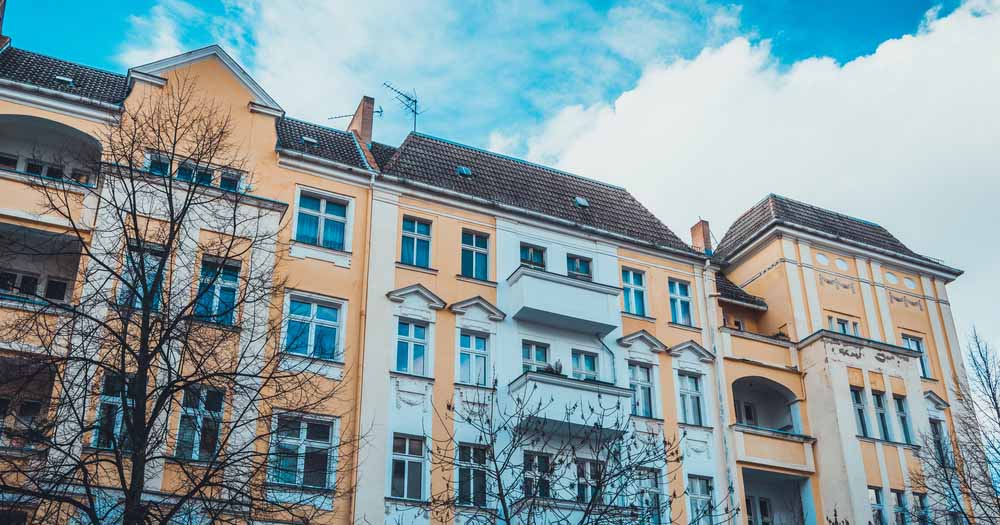
The number of people in Germany who own their home is the lowest in the European Union, at just 46 percent.
While rents are rising rapidly in cities, rents are still comparatively low in Germany and regulation, such as strong rent-caps, is favourable to renters. Explore your options on websites such as Immobilienscout24 or Century 21 Global.
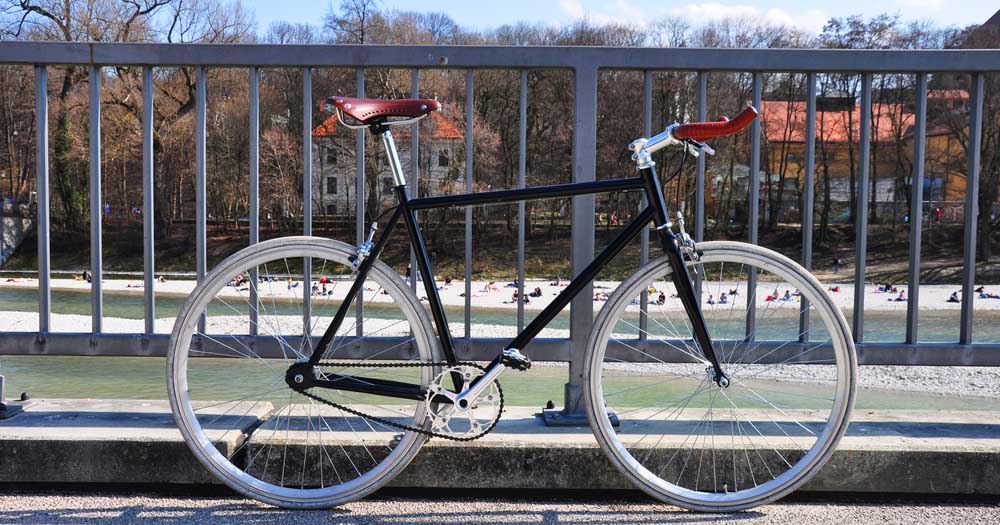
Especially for Americans, it may seem strange to see so many streets where two-wheeled vehicles outnumber four-wheeled ones.
Germany is a cyclist's paradise, with bike lanes built into city sidewalks in order to insulate them from car traffic. So hop on board -- or be a courteous pedestrian and avoid being that person who walks in bike lanes.

The average German carries about 112 euros in their wallet at any given time.
That’s not surprising considering that 80 percent of all transactions in Germany are conducted in cash. Whether you want to attribute this credit card-averse society to a harsh history of inflation or just being extra privacy sensitive, make sure you pack a wad of dough in your wallet when you head out the door.
Even ATMs aren’t always dependable - many are located within banks that shut their doors at night.

For most Germans, arriving “on time” means getting to your destination early.
“I once arrived at an office meeting scheduled for 9 a.m. at 9:02, and was told I arrived late and it already started,”
said one expat in Munich. At most such meetings people have arrived by 8:45 a.m. Punctuality and politeness especially go hand in hand here.

Despite the above point, Germans value their rest time.
On Sundays, supermarkets and stores shut their doors, and some streets become so eerily quiet that it can feel like preparation for nuclear war is underway.
Working after a day at the office is also frowned upon – most Germans call this sacred time “Feierabend” (literally “celebration evening”) and use it to wind down, distraction-free, either at home or out with friends.

Germans aren’t known for small talk, and a “How are you?” will only arise if they genuinely want to know the answer.
The German capital in particular is famous for its “Berliner Schnauze” slang: if you forget to close the door of a store for example, the shopkeeper might reprimand you with “Bist du in der U-Bahn geboren oder was?” (“Were you born in a train or something?”).
“Rest assured that they are not being impolite with you because you are a foreigner: they would treat a fellow citizen the very same way,”
Daniel, an Italian expat in Berlin, re-assured us.

It's a regular complaint for expats.
You can't open an account without an address - and you can't get an address without a bank account. It can be a nightmare.
Check out our guide on opening a German bank account to make the process smoother.

Germans take the old adage 'Breakfast is the most important meal of the day' to heart.
They apply it to a hearty morning arrangement of rich rye and grain bread, cheese, meat and muesli, a staple German cereal. When you dine with Germans in the a.m., be prepared for the talk and seconds to stretch into the p.m.
Sending or receiving money from abroad? Wise is the fast, fair new way - this is how it works.
Download it for Android or iOS and start saving!
*Please see terms of use and product availability for your region or visit Wise fees and pricing for the most up to date pricing and fee information.
This publication is provided for general information purposes and does not constitute legal, tax or other professional advice from Wise Payments Limited or its subsidiaries and its affiliates, and it is not intended as a substitute for obtaining advice from a financial advisor or any other professional.
We make no representations, warranties or guarantees, whether expressed or implied, that the content in the publication is accurate, complete or up to date.

Thinking of combining your pre-nuptial celebrations in a sten do? Read expert tips from Wise and Inbetweeners' actor Joe Thomas on a united stag and hen do.

Organising a stag or a hen do? Here are our top tips from Inbetweeners' actor Joe Thomas and Wise on keeping costs down and keeping it classy.
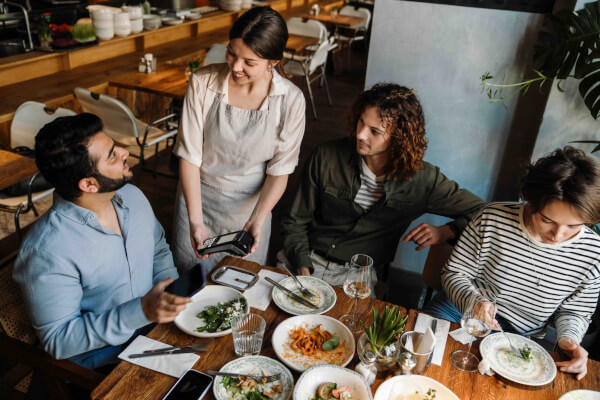
Organising a stag or hen that fits everyone's budget can be a 'mare. Read our expert guide from Wise and Inbetweeners' actor Joe Thomas on budgeting like a boss

Got plenty of moolah for a stag or hen do? Check out this exclusive guide from Wise and Inbetweeners' actor Joe Thomas on exotic locations for splashing cash
10 years down, and now over 10 million of you have joined our mission of money without borders. There’s also 2,400 Wisers across 15 offices working to make...
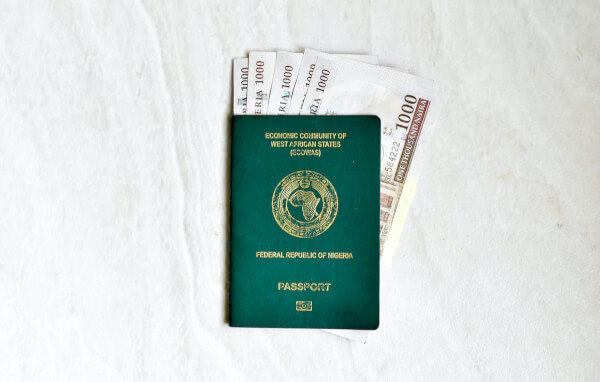
Still using a bank or broker to send money? Chances are you're overpaying. Traditional providers are deceptively expensive because they use bad exchange...